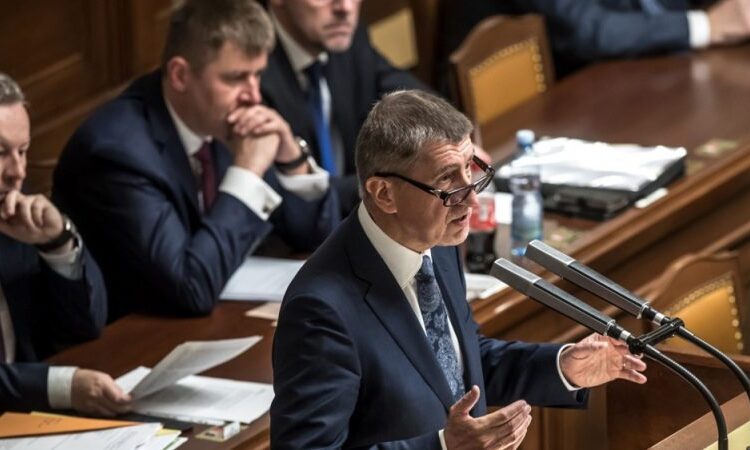
The European Commission wants to decide who will be prime minister in EU member states by using its financial power, said former Czech prime minister and ANO (Renew) party leader Andrej Babiš at a meeting in parliament on Wednesday.
“The European Commission – unelected officials who have hundreds of billions of euros at their disposal – want to decide, through money, who will be prime minister of which country,” Babiš said.
According to him, the EU Commission blocked funding to Hungary and Poland due to political antipathy.
“In Hungary, they did not succeed, that is why they withheld €32 billion from [Hungarian prime minister] Orbán. Now they do not like [Slovakian prime minister] Fico before they did not like [former Polish prime minister] Morawiecki, and they withheld €38 billion from him,” he added.
During the discussion, Babiš described the European Commission as an “octopus whose ring prime ministers must kiss” to receive EU funds.
The EU Commission has frozen a certain amount of EU funds for Hungary and Poland as the two countries breached the EU’s principles, particularly the rule of law. The decision to block access to funding was preceded by recommendations from the European Commission and an appeal to improve the situation in both countries. The EU is also currently discussing possible cuts to Slovakia’s finances as the new government of Robert Fico implements controversial reforms in the area of justice and corruption prosecution.
Babiš then accused the EU of causing high energy prices. He said the EU should not “get involved in things” such as energy but should only deal with “Schengen and the four basic freedoms and the internal market”. He also criticised the EU for dictating how to use EU funds.
The leader of the ANO party – which is still a member of the EU Parliament’s liberal group Renew Europe and the pan-European party ALDE – is sharpening his anti-EU rhetoric ahead of June’s European Parliament elections. In Wednesday’s speech, he said, among other things, that he hoped “nonsense” such as emission allowances would disappear after the European elections.
According to various opinion polls, the ANO party is currently Czechia’s most popular political party, gaining more than 30% support. The party is currently in opposition as after the Czech parliamentary elections in 2021, it was replaced in government by a coalition of five parties that together formed a majority, unlike ANO, who no one wanted to govern with.
(Aneta Zachová | Euractiv.cz)







